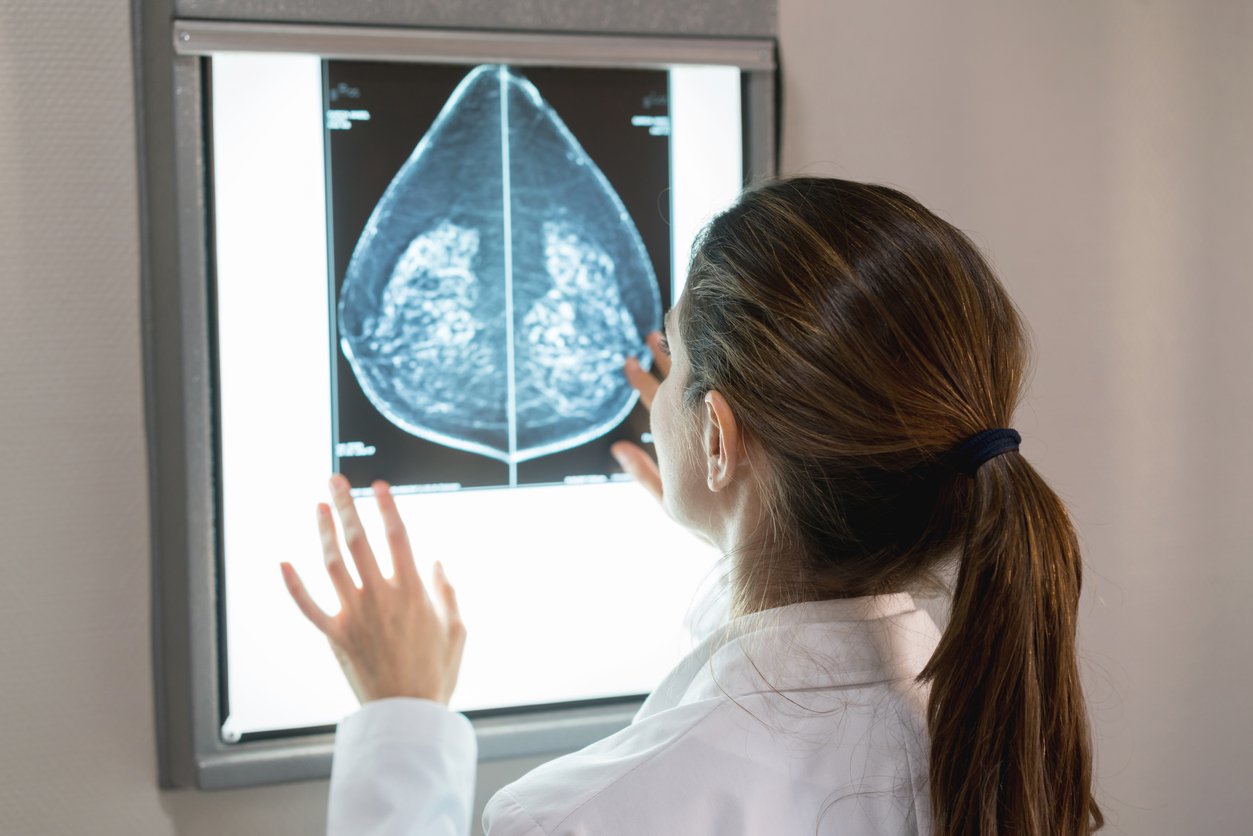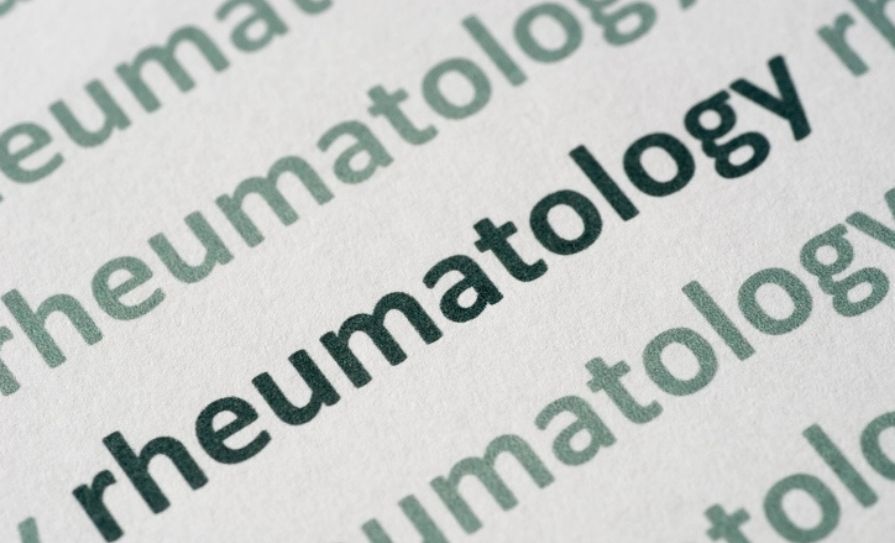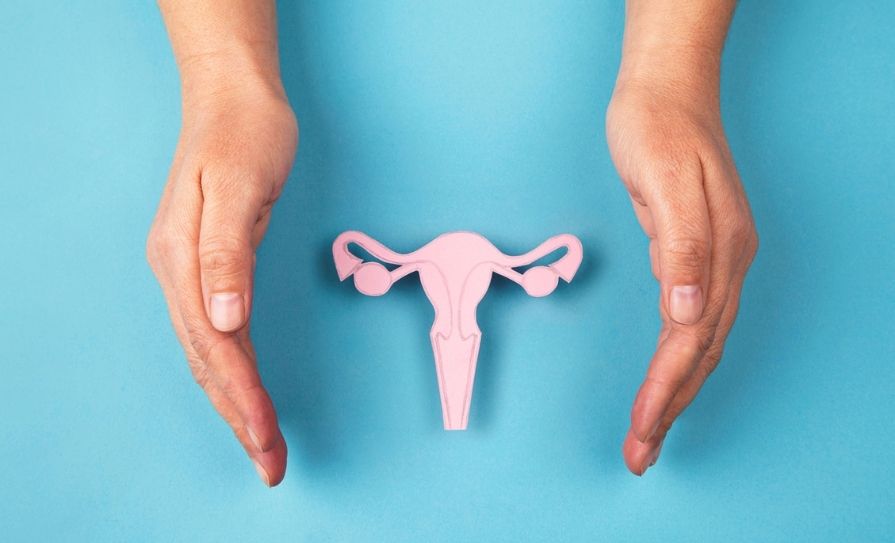Adding abemaciclib to hormonal therapy reduces the risk of cancer recurrence by 25 per cent in patients with high-risk early hormone receptor positive (HR+) human epidermal growth factor receptor 2 negative (HER2-) breast cancer, according to results from a study at ESMO 2020. “This is the first time in more than 20 years that we have seen an advance in the adjuvant treatment of this form of breast cancer,” said lead author Prof Stephen Johnston, from the Royal Marsden Hospital NHS Foundation Trust, London, UK. Hormone receptor positive breast cancer remains the commonest form of breast cancer, affecting 70 per cent of patients, with most being diagnosed with early disease.
“Many of these patients can be cured with currently available treatments: Surgery, radiotherapy, chemotherapy, and hormone treatment. But about 20 per cent have high-risk disease and will develop a recurrence either locally in the breast or elsewhere in the body over the first 10 years of treatment,” he explained. The international phase 3 monarchE study included 5,637 patients with HR+ HER2- early breast cancer with clinical and/ or pathological risk factors putting them at high-risk for relapse. After completing their primary treatment they were randomised on an open-label basis to abemaciclib (150mg twice daily for two years) plus endocrine therapy or endocrine therapy alone. “We found a 25 per cent reduction in recurrence of cancer with the first two years when abemaciclib was added to hormone therapy compared to hormone therapy alone,” reported Prof Johnston. During this time 11.3 per cent of patients in the control group had a relapse of their cancer compared to 7.8 per cent of those in the abemaciclib group, an absolute difference of 3.5 per cent, which translates to a 25.3 per cent reduction in risk. Most of the reductions occurred in sites of distant metastases, especially to liver and bone.













Leave a Reply
You must be logged in to post a comment.